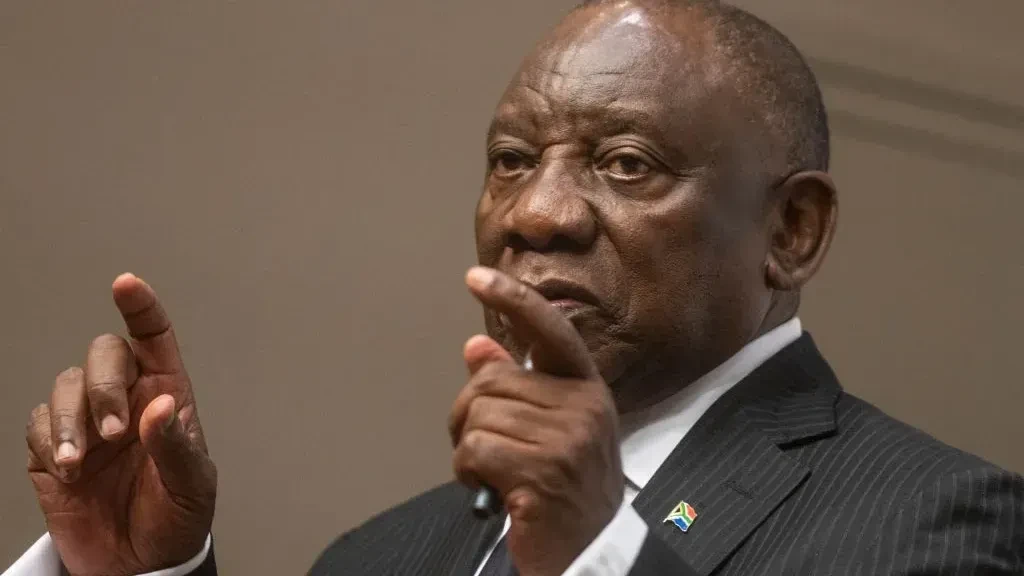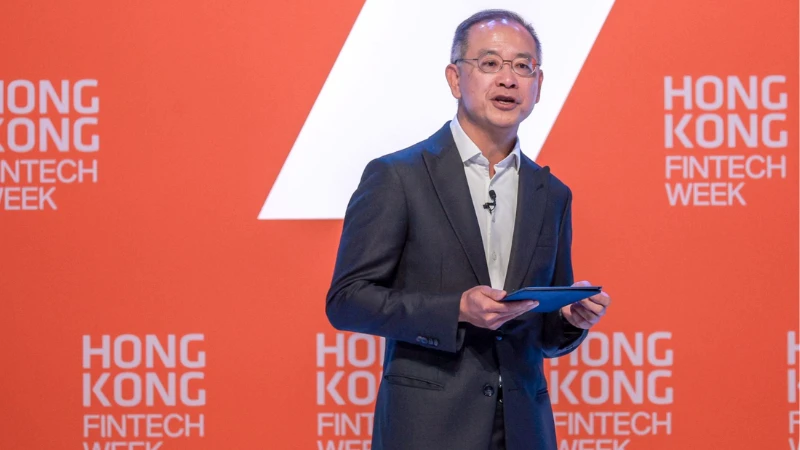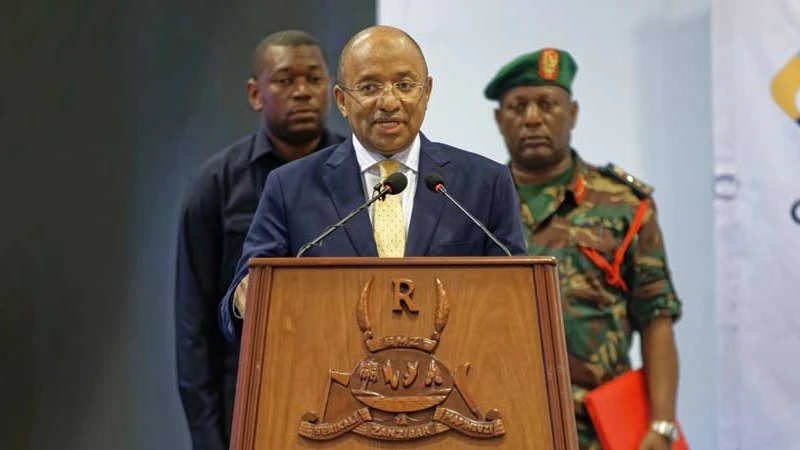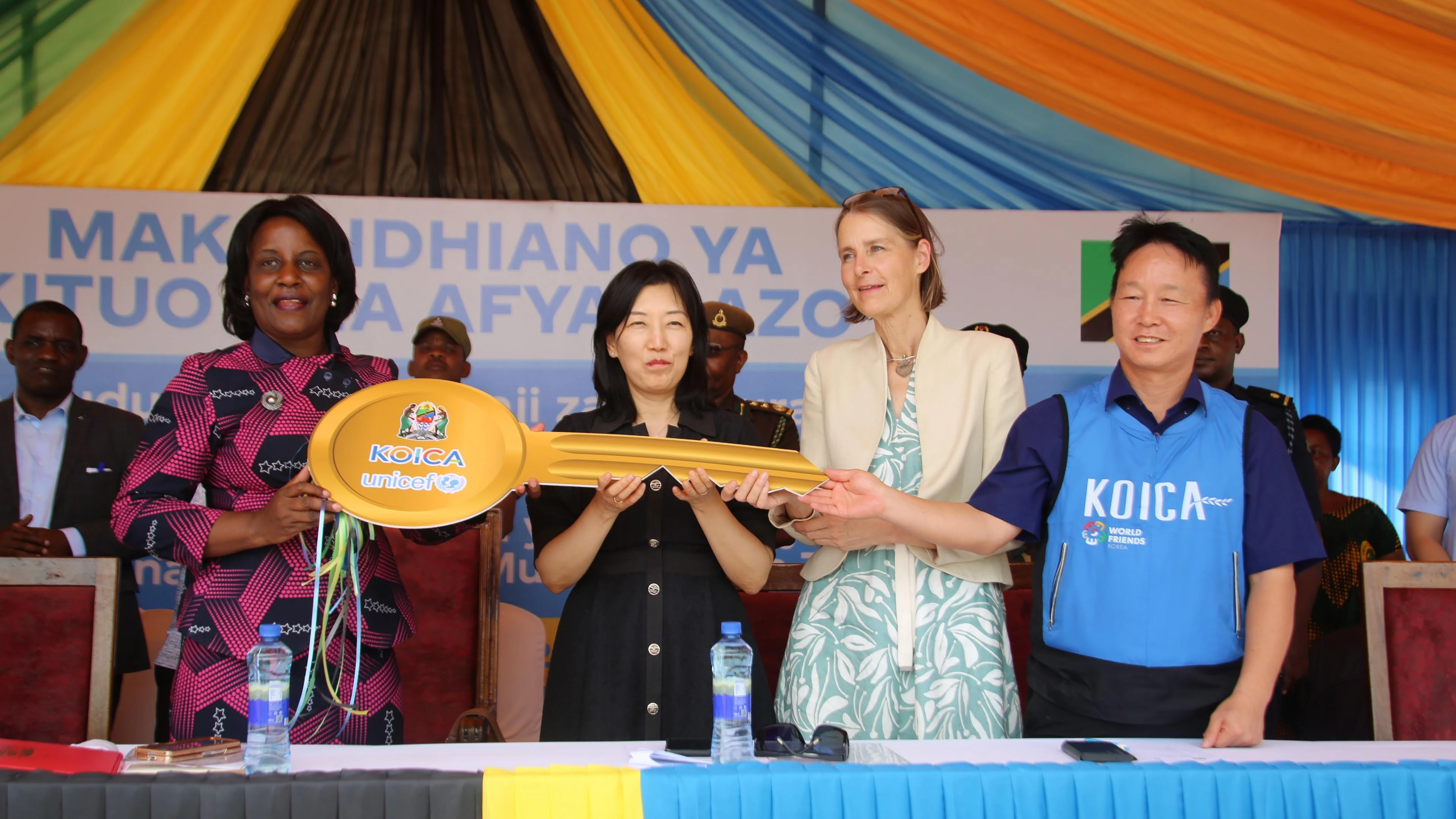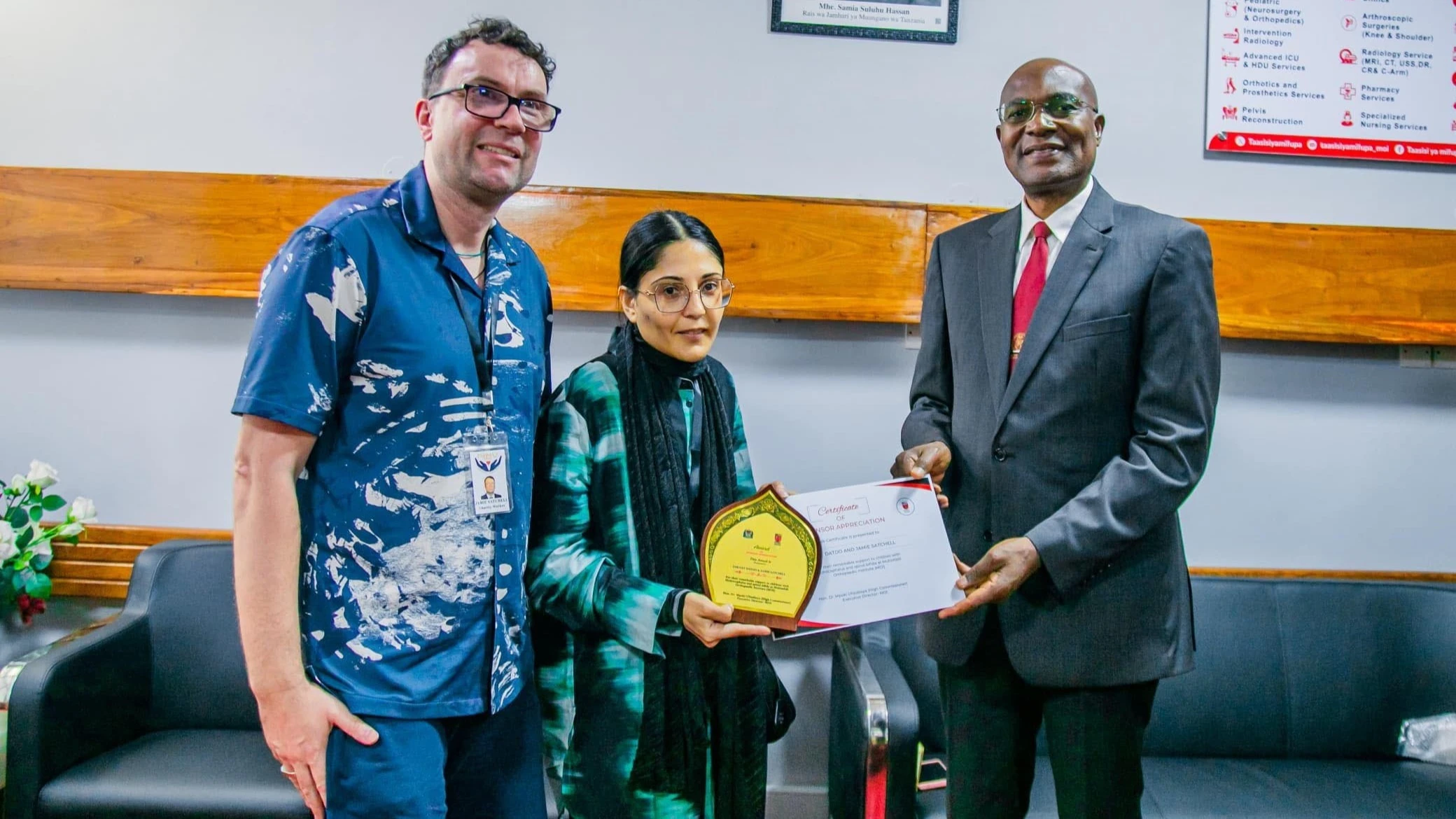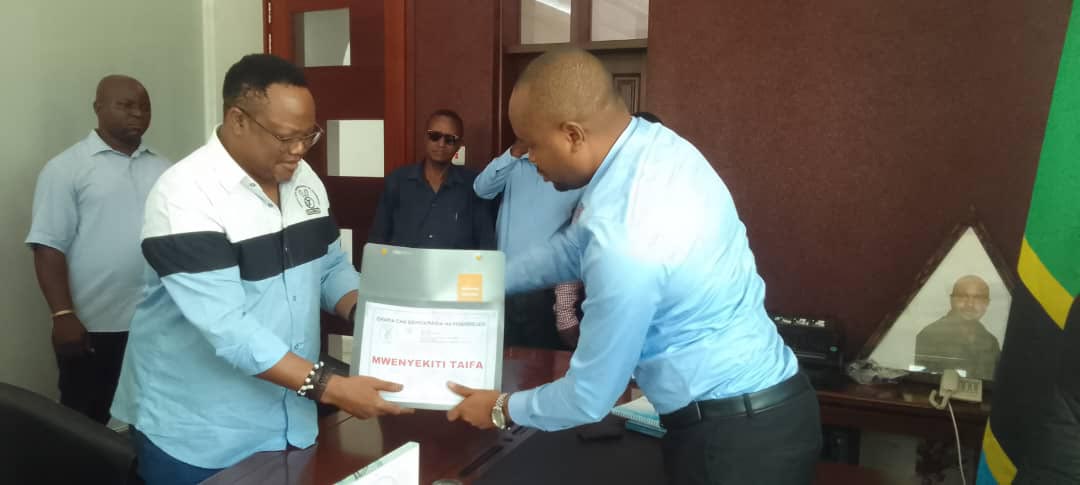Leaders chart out path for sustainable education financing and devt in Africa

The need to revolutionise education financing in Africa was at the forefront of discussions at the continental education conference, where ministers and international experts gathered to address one of the continent's most pressing challenges:
Held over the weekend Nouakchott, Mauritania aimed at ensuring sustainable funding for quality education, particularly for Africa's rapidly growing youth population.
During in-depth sessions on education financing and governance, African ministers shared their countries' successful approaches, while international experts presented innovative funding solutions.
Zimbabwe’s Minister of Education announced an increase in education spending to 26.2 per cent of the national budget, while Zanzibar committed 21 per cent of its budget to education. Zanzibar also introduced a new skills development tax on the tourism sector to support technical education initiatives.
“Traditional funding approaches alone cannot meet Africa's educational needs," emphasized Prof. Mohamed Belhocine, African Union Commissioner for Education, Science, Technology, and Innovation, who moderated a high-level exchange between Mauritania's education and finance ministers. The discussion focused on improving efficiency in education spending and increasing available resources to meet growing demands.
Tunisia’s Minister of Education highlighted the country’s constitutional commitment to free and compulsory education up to the age of 16, demonstrating how cross-ministerial collaboration can bolster education funding efforts.
Meanwhile, the World Bank introduced innovative financing tools, such as the "Data for Development Support" mechanism, which has already helped Côte d'Ivoire unlock resources through debt refinancing.
Economist Jeffrey Sachs, speaking virtually, presented a thought-provoking perspective on the issue, challenging conventional education financing models. He proposed that African countries should allocate 10-15 per cent of their GDP to education, far higher than the traditional recommendation of 4-6 per cent.
His suggestion of future earnings-based funding and international tax arrangements for educated professionals working abroad sparked crucial conversations about rethinking funding models to meet long-term educational needs.
The sessions concluded with a growing consensus that education financing must be viewed as an investment in Africa’s future, not as a current expense. This shift in perspective is essential for implementing sustainable funding mechanisms that will support the continent’s educational transformation over the long term.
Top Headlines
© 2024 IPPMEDIA.COM. ALL RIGHTS RESERVED









